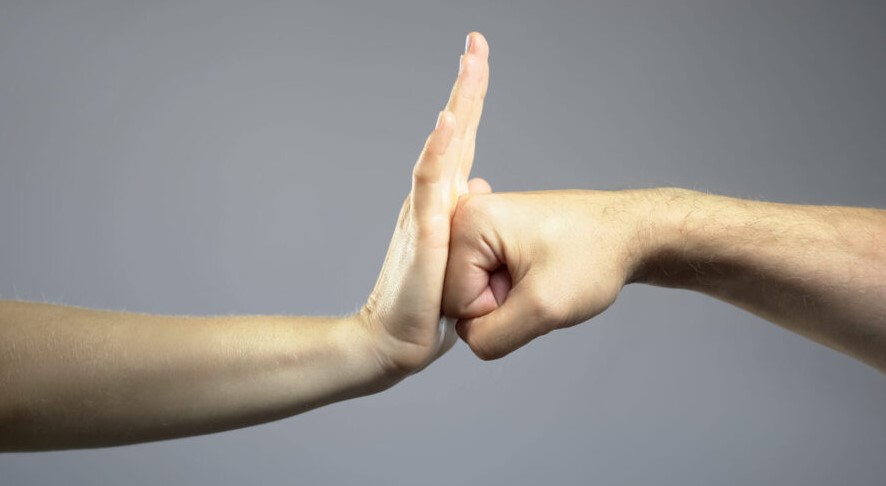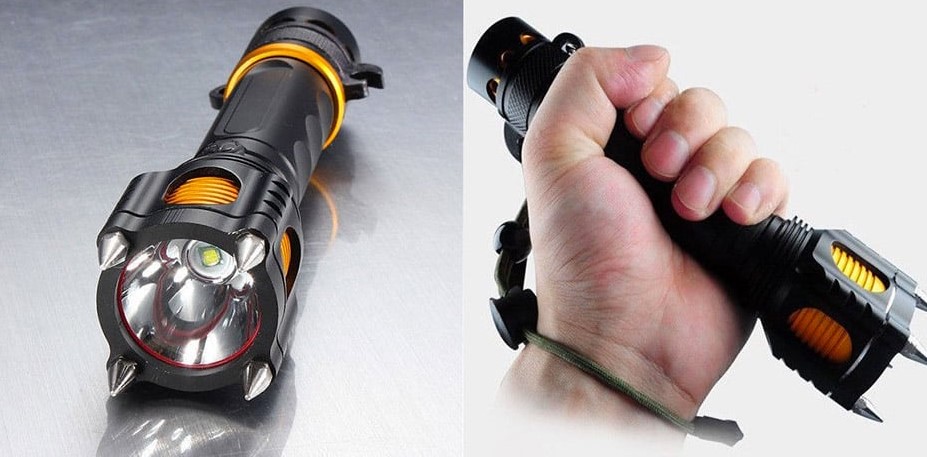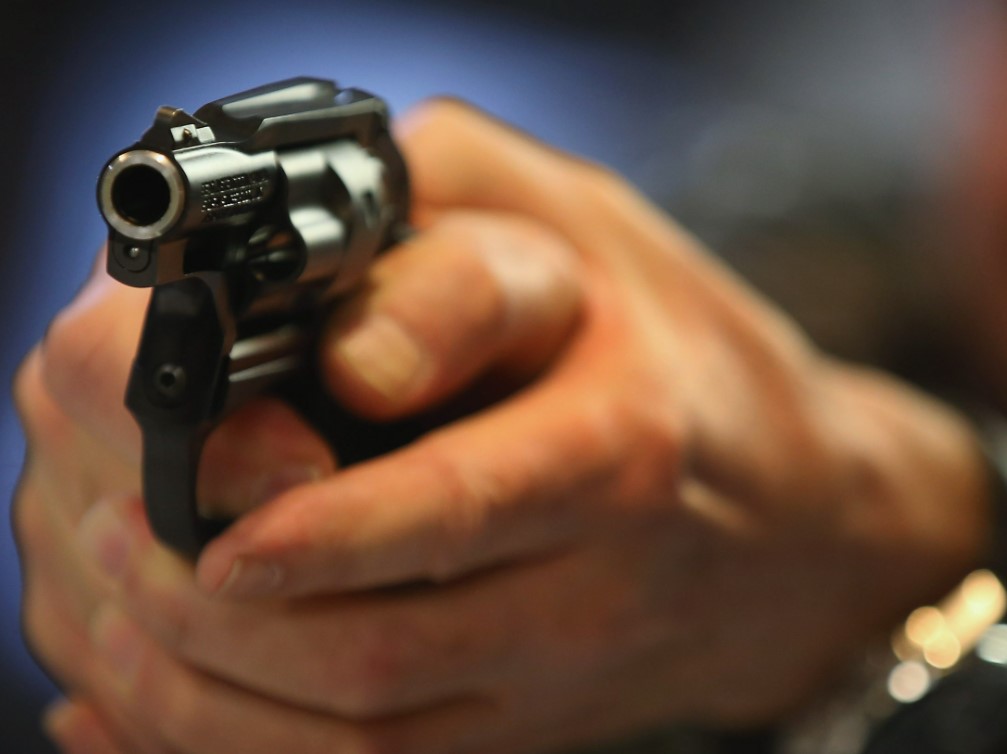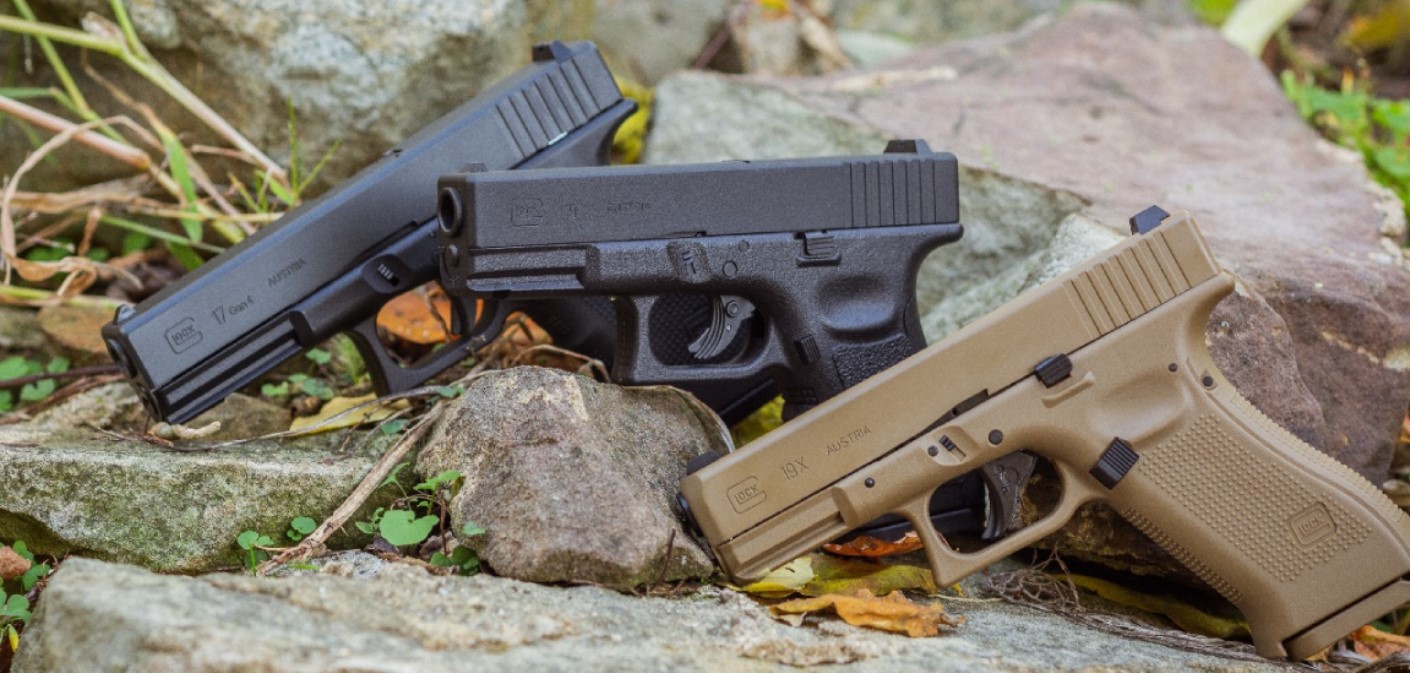What self defense weapons are legal in Canada? Feeling unsafe and considering carrying something for self-defense? In Canada, the laws surrounding self-defense weapons are different from other countries. Here’s a comprehensive breakdown of what you can legally carry and what to know about self-defense in Canada. Follow The Self Defense Tool!
Self-defense law in Canada
Canadian self-defense laws allow you to use force to protect yourself or others, but there are important limitations. Here’s a breakdown:

Right to Self-Defense:
- You can use reasonable force to defend yourself or someone else from violence or the threat of violence. This is outlined in Section 34 of the Criminal Code.
Reasonableness is Key:
- Your actions must be considered “reasonable” in the context of the situation. This is judged on a case-by-case basis.
- Courts consider factors like:
- The nature of the threat
- The force used in response
- Whether you could have escaped safely
Self-Defense vs. Revenge:
- You can’t use excessive force or act out of revenge. The purpose of your actions must be purely defensive.
Using Weapons:
- The law on weapons is complex. Generally, you can’t use weapons unless the threat is serious and using them is reasonable.
Occupying Your Property:
- You can use more force to defend yourself in your home than in a public place.
What self defense weapons are legal in Canada?

In Canada, there are no weapons specifically legal for self-defense. The law focuses on de-escalation and using reasonable force in the situation. Carrying something with the intent of using it for self-defense can be illegal.
While there are no dedicated self-defense weapons, some everyday items can be carried for their primary purpose, with the potential for self-defense as a secondary benefit:
- Flashlights: A bright flashlight can disorient an attacker and provide security.
- Personal Alarms/Safety Whistles: Loud noises can attract attention and deter attackers.
- Sharp Objects (with Caution): Carrying a small utility knife for everyday tasks might be legal, but intent is crucial. Avoid carrying knives specifically designed for combat.
>>> Click Can You Keep A Loaded Gun In Your House Canada?
What self defense weapons are illegal in Canada?

Canada has a strict stance on weapons designed or intended for self-defense. Here’s a breakdown of what’s generally illegal:
- Firearms: You cannot carry a firearm for self-defense without a permit and proper licensing.
- Sprays: Pepper spray and other irritant sprays targeted for humans are illegal.
- Knives: While some knives have legitimate uses (pocket knives, utility knives), carrying a knife solely for self-defense is illegal. This includes switchblades, ballistic knives, and any knife with a blade length restricted in your area.
- Other weapons: Brass knuckles, nunchucks, tasers, and similar items are prohibited weapons in Canada.
Even with legal items, intent is crucial. Carrying a baseball bat for self-defense is illegal, but if you use it for its intended purpose (playing baseball) and happen to use it to defend yourself in a sudden attack, the situation might be judged differently.
What can i carry for self defense in Canada?
Since carrying something with the sole purpose of self-defense is illegal in Canada, the focus is on deterrents and tools that aid escape. Here are some options you can consider:
Non-violent deterrents:
- Personal safety alarm: Loud and attracts attention, potentially scaring off attackers.
- Security whistle: Similar to alarms, creates a loud noise to draw attention.
- Flashlight: A bright light can disorient an attacker and make you more visible in low-light situations.
- Apple AirTag (or similar tracking device): While not a direct defense tool, it can help track your location in case of an attack.
Everyday items (legality depends on intent):
- Umbrella: A sturdy umbrella can be used to create a barrier or startle an attacker.
- Keychain: Keys held tightly can be used for defense in a close-quarters situation. However, some keychain attachments specifically designed for self-defense might be illegal.
Remember:
- Intent is key. Don’t carry anything with the sole purpose of using it as a weapon.
- Focus on de-escalation. If possible, try to avoid confrontation and escape the situation.
- Self-defense training: Consider taking self-defense classes to learn awareness techniques and effective ways to defend yourself.
Canada prioritizes de-escalation and using reasonable force for self-defense. While there are no dedicated self-defense weapons, some everyday items can be carried for their primary purpose with the potential for secondary defense. Remember, self-defense training, situational awareness, and trusting your instincts are valuable tools for staying safe.
>>> Click What Self Defense Weapons Are Legal In Massachusetts?





